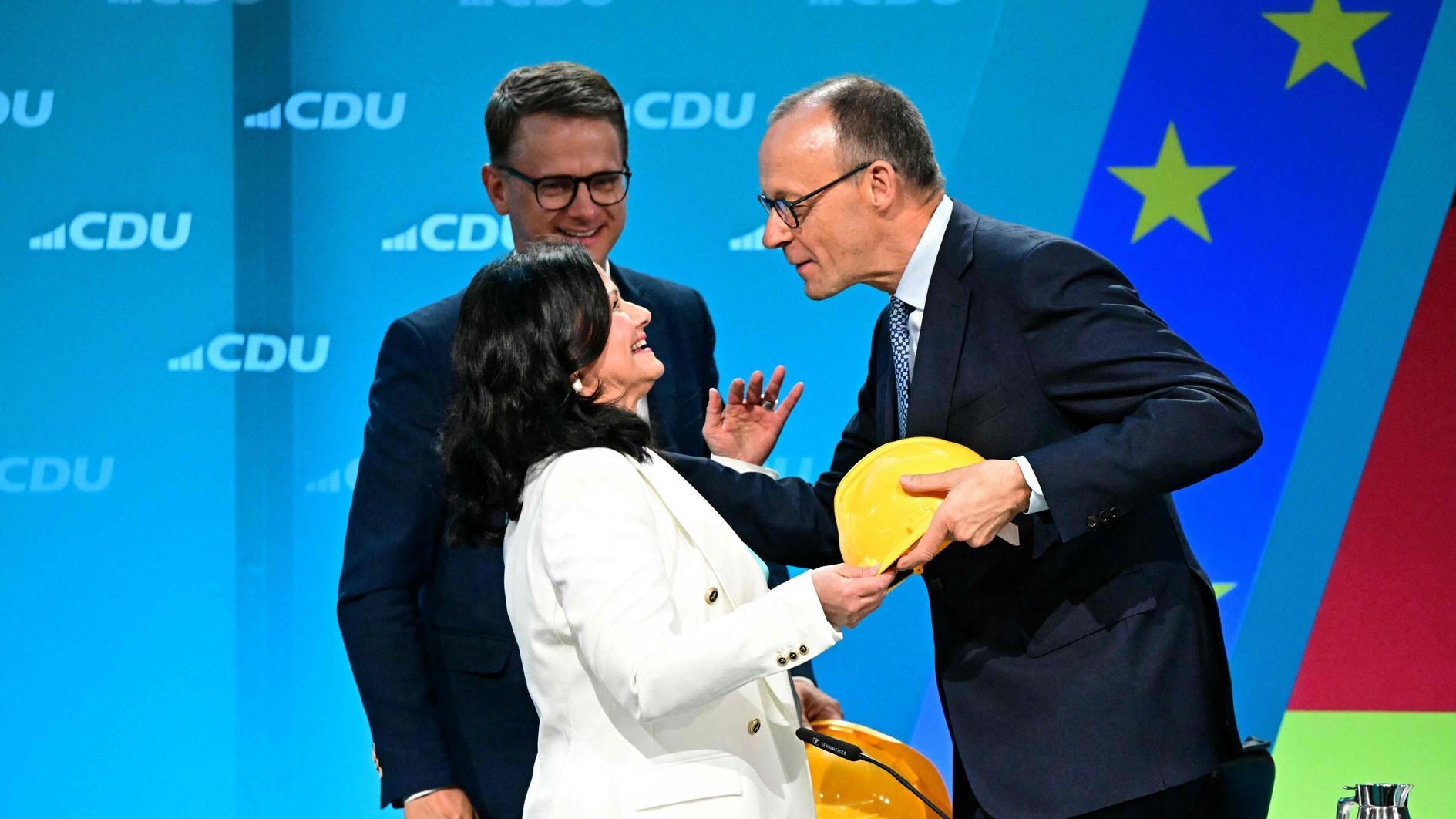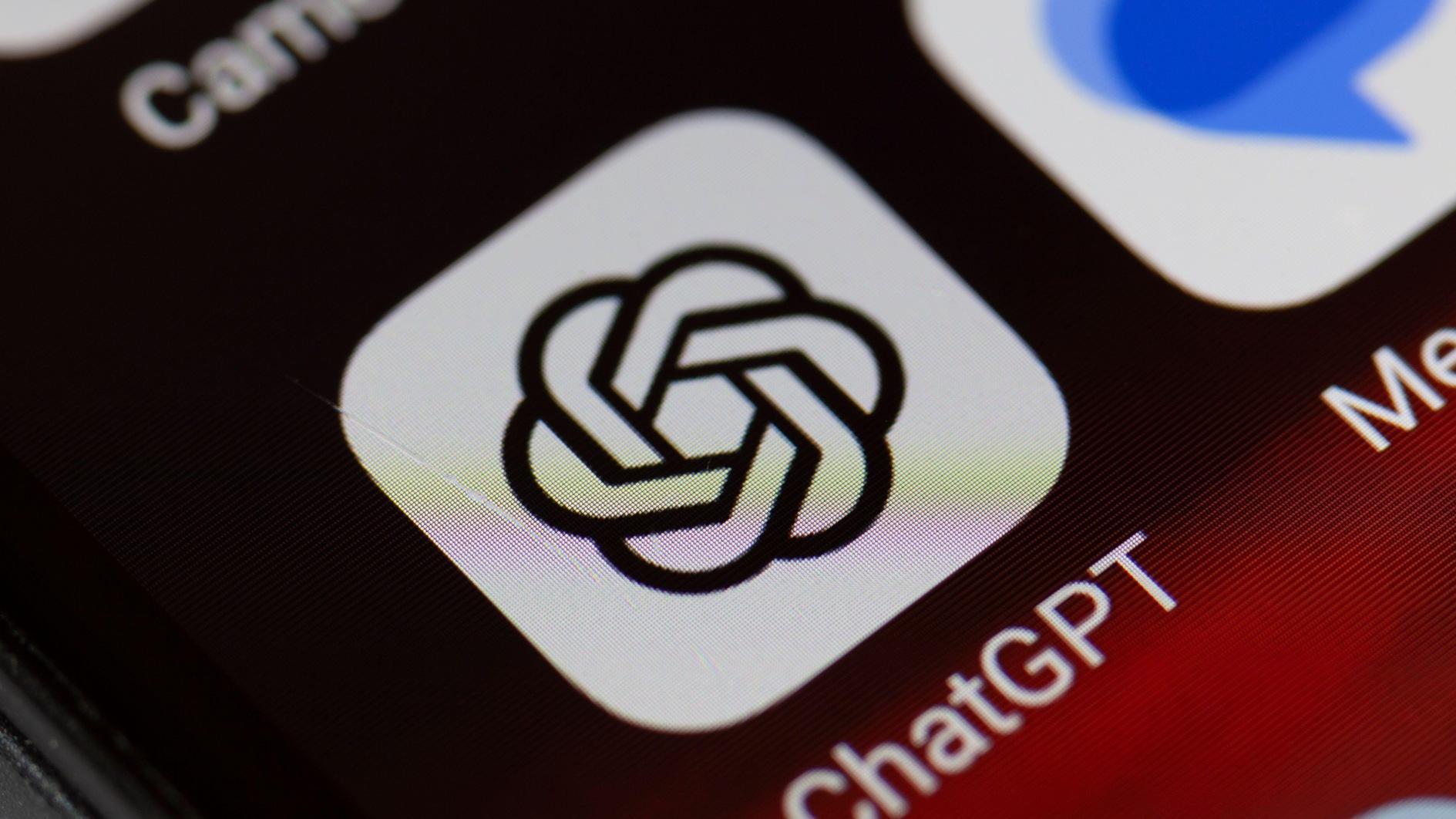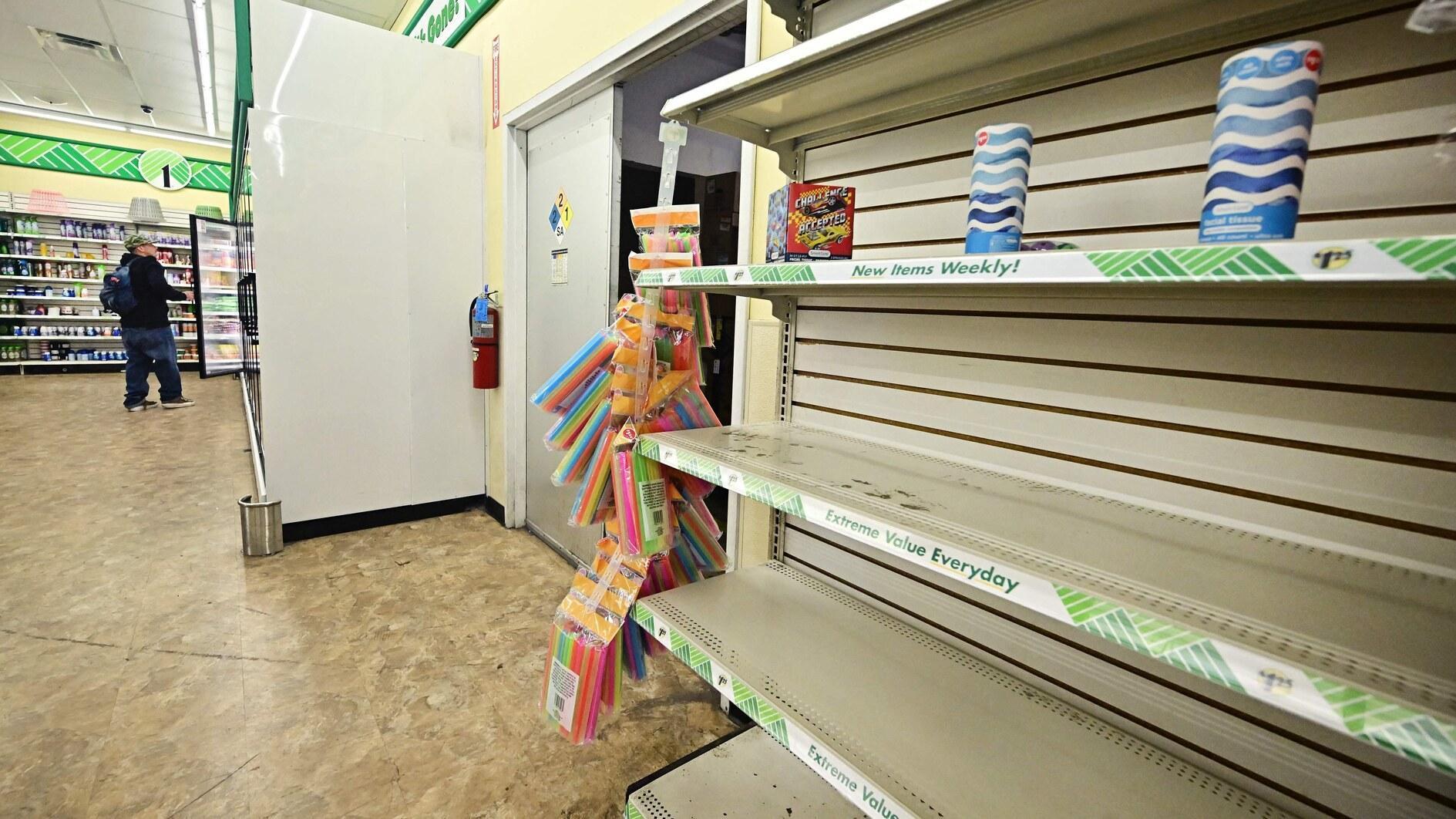Let us refresh our graft memories
It is now crystal clear the committee formed at Parliament has been constructed to cover up the bribery and the corruption claims.
It took months for the commission to be formed because of obstructions coming from the ruling Justice and Development Party (AKP). The chair of the commission from the same party sent back the files regarding the Cabinet ministers to the Office of the Speaker of Parliament and he in turn sent them back to the prosecutors.
It seems that there was no index on the files; it would have been very difficult to find which document was in which file, etc…
While the files make their way from the office of the prosecutor to the Parliament, how much weight will they lose, which documents will be selected from them to go to the waste basket; we do not know for the moment, but we will learn sooner or later anyway.
I would like to remind you, on this opportunity, the “What time is it Mr. Zafer?” incident that demonstrated how former Economy Minister Zafer Çağlayan could not even tolerate an actually very funny form of protest.
Çağlayan’s code name has been cited exactly 28 times in the list of briberies that correspond to a total of $52 million.
He has also received a watch from Reza Zarrab, which is worth 300,000 Swiss Francs. They got on the businessman’s private plane and did their holy umrah visit to Mecca, never paying a penny for their trip.
Mr. Zafer’s phone collection
The transcripts of intercepted phone conversations recorded during the Dec. 17, 2013 graft operation also revealed Çağlayan was not only interested in watches, but he was also into phones.
Phone conversations such as these were frequently recorded between Çağlayan’s executive assistants and Zarrab: “Would you tell him that 18 is open?” “Mr. Minister has instructed you to go to 11, but I don’t know what it is.”
The scandal that erupted on Dec. 17 was so huge that I could not have the time to focus on this interesting incident. I remembered it after the “Sir, what time is it?” incident.
This is how it generally goes:
You first buy pre-paid phone cards under various names. The former Cabinet Minister Çağlayan had 25 different pre-paid phone cards, a fact we have learned from the phone taps. Well, indeed, it does not finish with buying SIM cards. You should at the same time buy just as many mobile phones billed to different names.
Then you make a catalog to your own self and number the SIM cards from 1 to 25, for instance. Then you give these codes to people you will speak to so when you say “8 is open” they will be able to call you from the phone number listed under number 8 on the list.
You recharge your phones, but you never install their cards. You take out their batteries so that their IMEI numbers are not monitored.
The rest is easy.
When you want to speak to somebody, you take out a SIM card from your drawer and place it in one of the phones you possess. And you inform the person you want to speak to, “11 is open.” He or she then calls you from the number listed across 11. Then you can have a conversation in peace of mind without any concern or suspicion of being eavesdropped.
But if your assistants are conveying these codes from the phones that are open to tapping, then you are caught.
Now, let us ask Çağlayan, with the words of former Transportation Minister Binali Yıldırım: “Unless a person is obliged to make conversations that he is afraid will be intercepted, why he would ever resort to such methods?”











